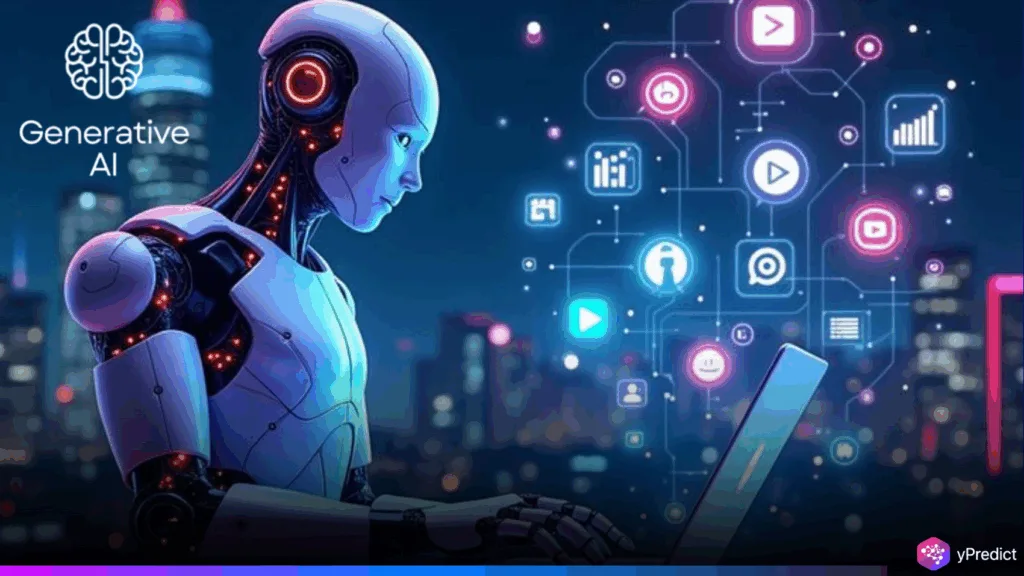
The tech job market in 2025 is being reshaped by dual forces: economic uncertainty and rapid adoption of generative AI. While layoffs rise, the broader shift is toward roles that align with AI-driven business transformation and emerging skill sets.
Widespread Layoffs But Not Job Destruction
In April, the U.S. tech sector witnessed significant job losses, with 214,000 positions eliminated as companies responded to a slowing economy and accelerated adoption of artificial intelligence. Meanwhile, federal workforce reductions have also intensified, with over 61,000 government jobs cut as part of initiatives led by the unofficial Department of Government Efficiency (DOGE).
Despite the scale of these layoffs, industry experts argue that this trend is not indicative of a typical economic downturn. Instead, they view it as part of a broader market evolution—where AI is transforming how work gets done and reshaping job functions, rather than simply eliminating roles.
Demand Surges for AI-Aligned Skills
Strategic tech roles are seeing a surge in demand, with database architect positions up by 2,312%, statisticians by 382%, and mathematicians by 1,272%, as companies prioritize specialized skills for an AI-driven future. Organizations are increasingly replacing large legacy teams with smaller, highly efficient units of AI-powered developers capable of delivering superior results.
Amid rapid technological shifts, employers are concentrating their resources on mission-critical areas such as artificial intelligence, cybersecurity, and cloud infrastructure, reflecting a strategic shift in workforce planning rather than mere cost-cutting.
Talent Shortage, Not Surplus
As the skills gap widens, an increasing 76% of IT employers are unable to find skilled people and the increasing growth of AI will only make it worse. Training in technologies, especially AI, is difficult for formal education to keep up with and there are essential certifications for job-seekers in an in-demand space: AWS, Azure, CISSP, Security+, AI/ML. The increasing gap between what is taught and what is needed further highlights the importance of upskilling and ongoing learning in the technology space.
Rise of Skills-Based Hiring
As a rapidly changing technological environment challenges organizations to adapt and be competitive, organizations are looking for specialized skills, including, but not limited to, AI prompt engineering, Rust programming, big data analytics, cybersecurity, and more. The demand for genAI (generative AI) courses has recently overtaken demand for the other tech category, indicating the urgency to build capabilities in this new category.
AI is not seen as replacing human workers but rather as a powerful augmenting tool for these individuals; enabling them to work faster, smarter, and more strategically.
Role Redefinition, Not Role Removal
The future tech ecosystem belongs to strategic orchestrators and AI-enhanced problem solvers that drive innovation and create business value. Companies that effectively tap into AI are not simply reducing costs; they gain a significant competitive advantage. As the transformation unfolds, the industry acknowledges that it is moving beyond traditional roles and emerging into specialized, high-impact roles that require a mix of technical knowledge and strategic thinking.






